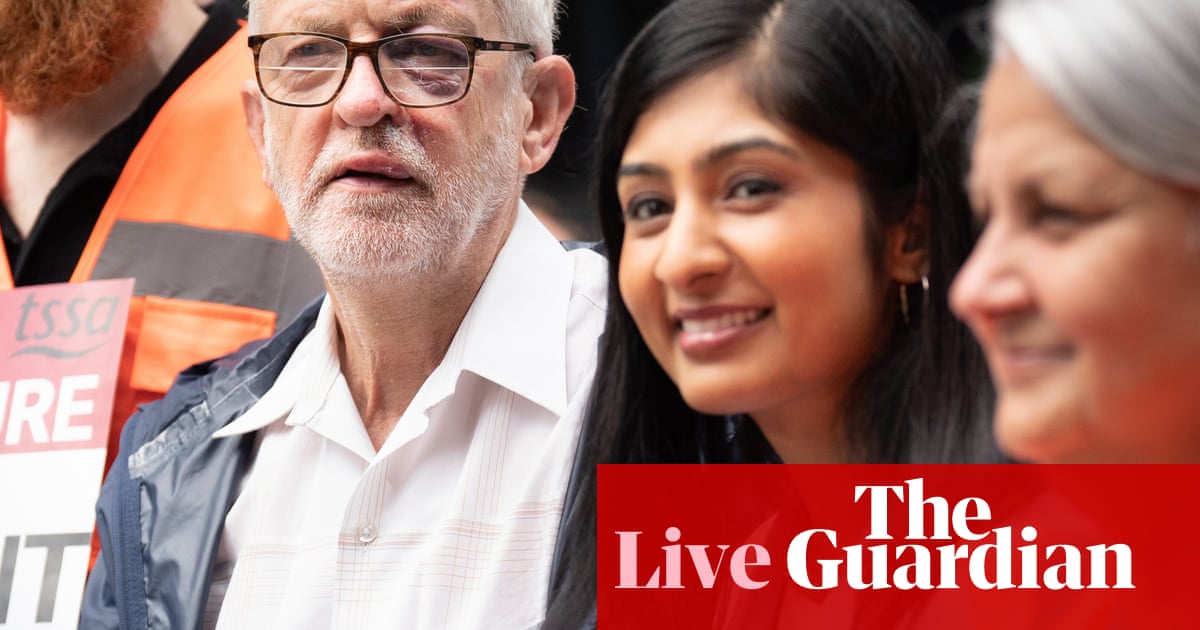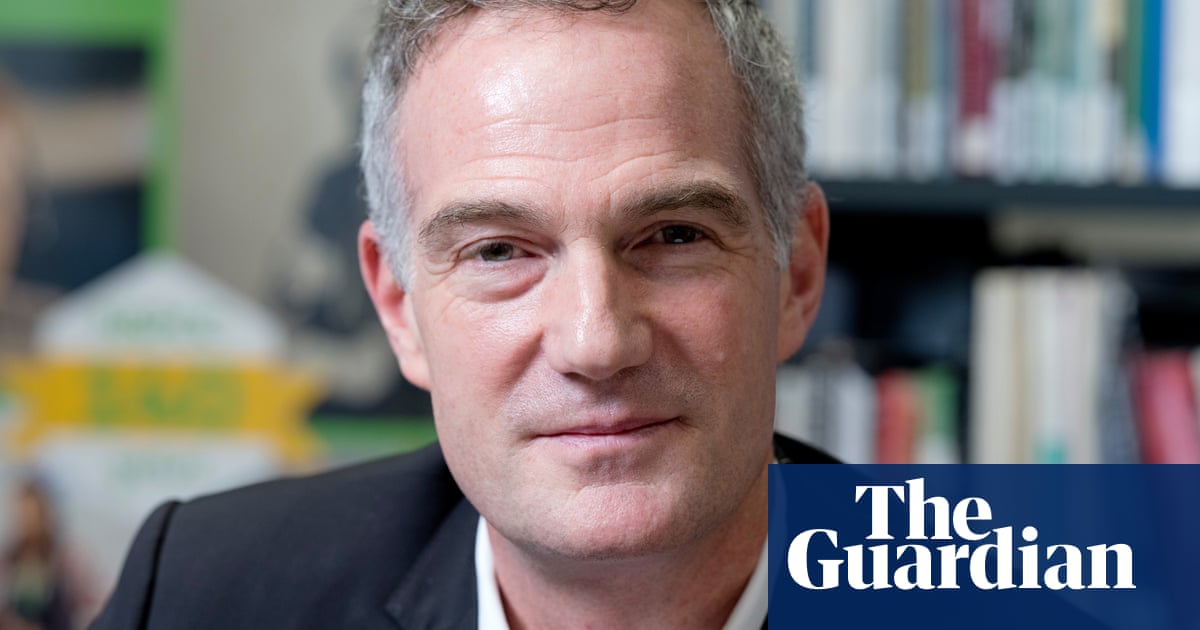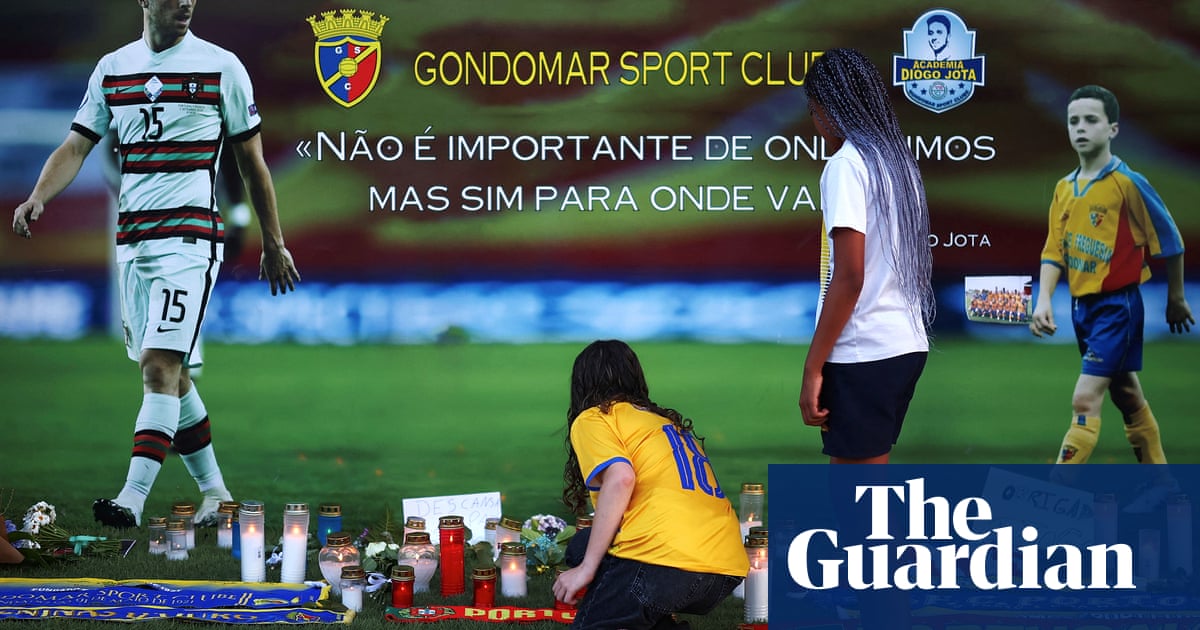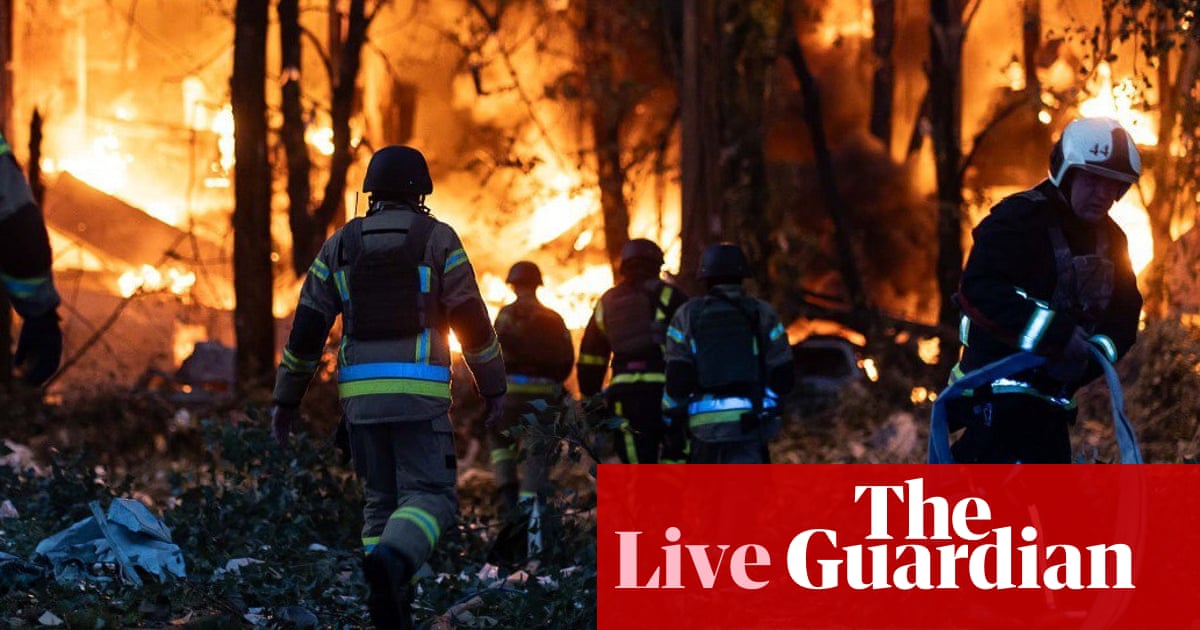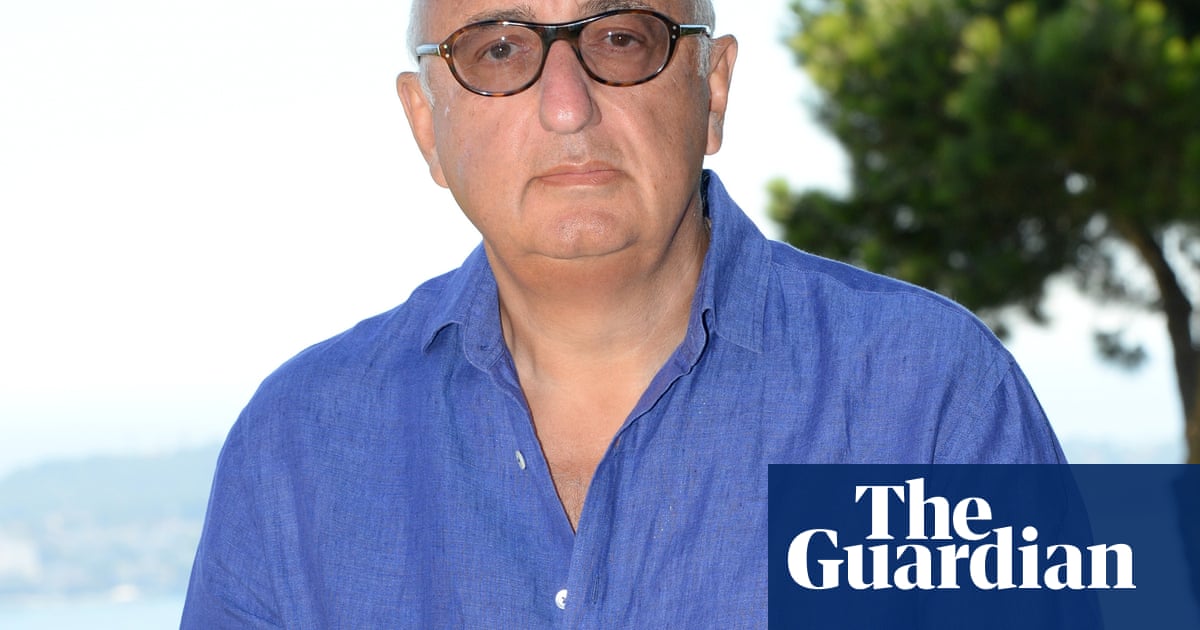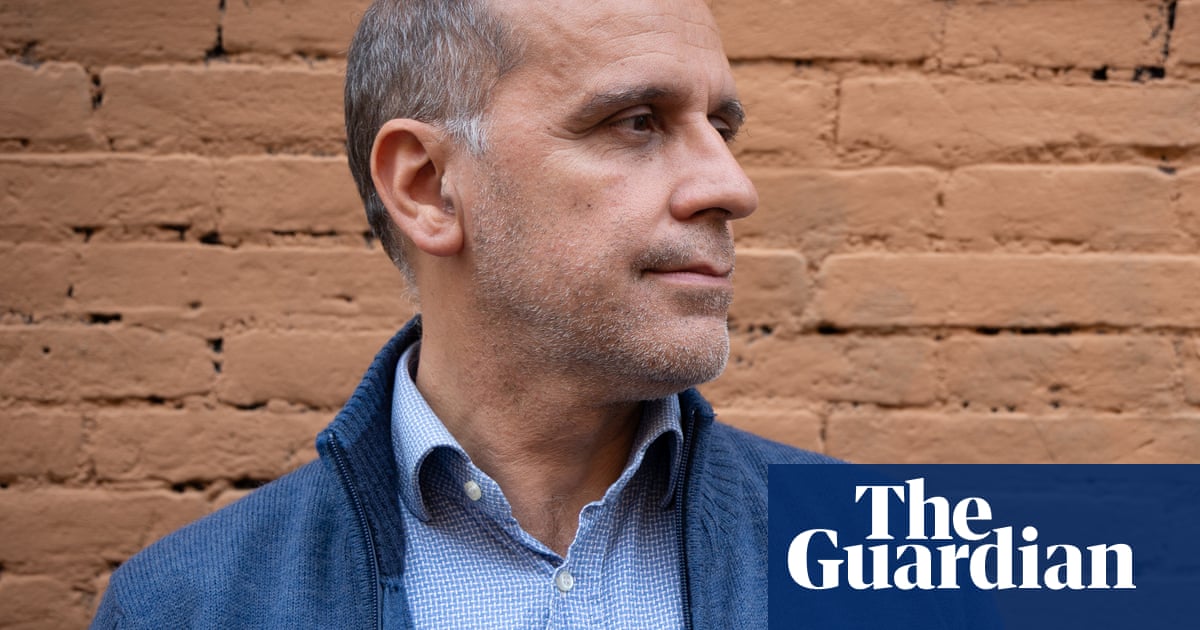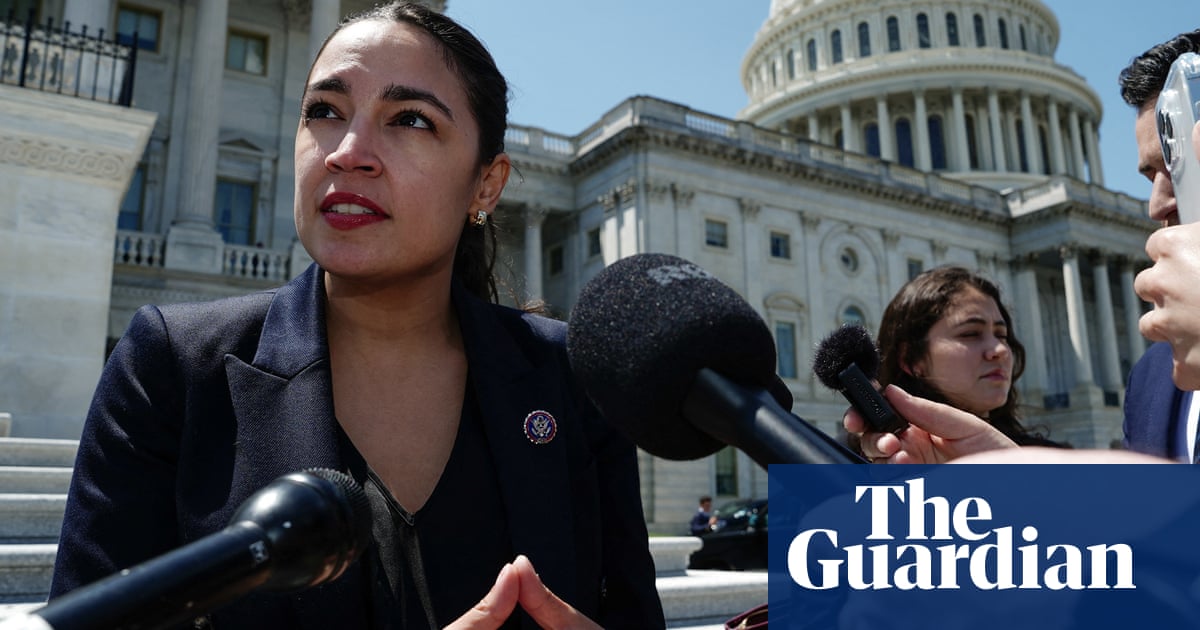The head of the global agency tackling Aids says she expects HIV rates to soar and deaths to multiply in the next four years as a direct impact of the “seismic” US cuts to aid spending.
Winnie Byanyima, the executive director of UNAids, said that if the funding permanently disappeared, the world faced an additional 6 million HIV infections and 4 million Aids-related deaths by 2029.
“It is a deadly funding crisis, a global response knocked totally off course. This is a pandemic, and pandemics have no borders,” she said in an interview with the Guardian at the UN international development funding summit this week in Seville, Spain.
Byanyima, a Ugandan aeronautical engineer and politician who has led UNAids since 2019, said seeing the impact of Donald Trump’s cuts had been the worst experience of her life.
“Personally I am devastated. Appalled. Shaken and disgusted. I don’t have the English words to use,” she said, admitting that the sheer scale of the challenge in the face of such massive cuts had made her consider resigning from her role.
“But I can’t run away. I told myself I’m going to fix it. I need to take my gloves off.”
US global health funding has stagnated over the past few years, and countries including the UK have been actively moving away from investment in aid from the target spending of 0.7% of GDP that UN member states set themselves in 2015. But in February, Trump abruptly halted Pepfar – the president’s emergency plan for Aids relief set up by Republican George Bush in 2003 to provide treatment, prevention and care for people living with or affected by HIV/Aids. A later vaguely worded waiver on certain parts of Pepfar funding had not had an effect on the ground, said experts.
“Every year, donors were reducing and the war in Ukraine saw that accelerate,” Byanyima said. “But the shock … Pepfar was 60% of my budget.
“It is a drop, a drop of money that is nothing in one of these rich G7 countries,” she said. “And it did so much for people who are so vulnerable. And yet you are spending so much more on wars. The rich men at the top take away from the poorest at the bottom.
“To create such crisis, such pain and such anger on the ground. This cut, that’s dedicated people losing jobs, loyal support gone, research ended, vulnerable people abandoned. And it is deaths. What went away immediately was prevention services, so we are very worried about the new infections and about deaths. Then support services and clinics. Now research, cutting edge research, is going.
“I myself had to have therapy to keep myself strong to be there for others. We have to make sure people who are staying do not burn out to try to even out our workload.
“This is a huge shift because it is so connected to geopolitics and to power shifts. It is seismic. But after the first wave of panic, and of pain, we have now to work hard, on less than half of what we had, to get change quickly to save lives.
“We already lost 12 million people we should not have lost if ARVs [antiretrovirals] had been shared immediately around the world instead of held on to by the pharmaceutical companies making money. We now face this, more deaths. Health is a human right, no one should die if we can prevent it.
“But of course many people will die, so many vulnerable people have already lost support, young girls, men who have sex with men, these are people who hide, who are shunned.
“There will be an additional 6 million newly infected persons in the world,” she said. “That has started already.”
Byanyima said the loss of overseas development assistance on all sides was now focusing attention on the unfair way in which Africa was treated by the west in terms of financing, debt interest and risk rates, and regarding illicit funding flows.
“African countries are struggling. Some much more than others. But they are not lying down and dying, and they are not holding out a begging bowl for more aid. Huge efforts are being made to fill the funding gaps in smart ways.
“We need debt justice, we need tax justice. The amount of money flowing from the south to the north has been greater than what has gone the other way for a long time and that is clear to see.
“The message for us all is clear too. The aid model cannot stand any more, it’s too unpredictable, the future has to be less about charity and more about international solidarity.”

 7 hours ago
4
7 hours ago
4


